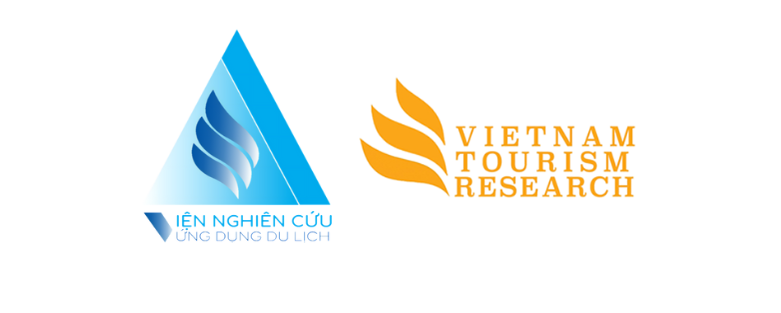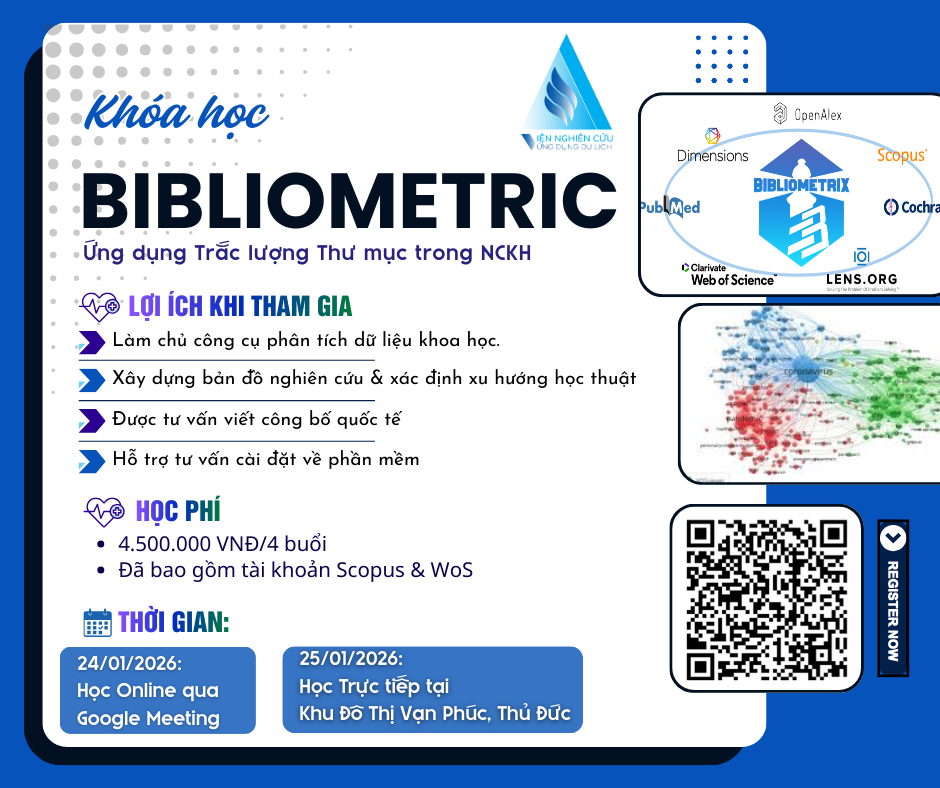This post is also available in:
Tiếng Việt (Vietnamese)
As plastic pollution increasingly threatens marine ecosystems and human health, the tourism sector—one of the major consumers of single-use plastics—is being forced to transform. In the wave of post-COVID-19 restructuring, plastic-free tourism is not only an ethical choice, but also a survival strategy for building a sustainable brand and adapting to the expectations of modern travelers.
The Plastic Crisis and Tourism’s Role
According to statistics from the United Nations Environment Programme (UNEP), over 8 million tons of plastic enter the ocean annually. A significant portion of this originates from tourism: water bottles, straws, hotel amenities, and food packaging—all single-use items—are cheap and convenient but cause long-term environmental harm.
If this trend continues, by 2050, the ocean may contain more plastic than fish. This reality places tourism enterprises in a position where change is imperative—not only to protect the environment, but also to retain travelers who increasingly prioritize sustainability.
Pioneering Models in Plastic-Free Tourism
At a webinar organized by The Travel Foundation under the “Transforming Tourism Value Chains” project, numerous global success stories were shared. These cases not only serve as inspiration but demonstrate that plastic-free tourism is entirely achievable—with strong commitment and a clear action plan.
🏨 Atlantica Sancta Napa, Cyprus – 96% Plastic-Free
As early as 2017, this hotel began eliminating single-use plastics such as water bottles, mini toiletries, plastic straws, and cups. These were replaced with reusable or biodegradable alternatives:
-
Fixed dispensers instead of individual plastic bottles
-
Polycarbonate cups and recycled paper
-
Public water fountains
-
Reusable bottles gifted to children at check-in
Notably, the hotel sent letters to suppliers requesting reductions in plastic packaging. While initial resistance was encountered, most partners adjusted to align with the shared goal.
The outcome: significant cost reductions, near-total elimination of plastic, and elevated brand reputation with prestigious awards.
🏨 Iberostar Group – System-Wide Plastic Elimination
With over 100 hotels in 16 countries, Iberostar launched the “Wave of Change” campaign to eliminate all single-use plastics:
-
Investment in water filtration systems and hundreds of refill stations
-
Staff training and clear communication with guests
-
Maintained commitments even during COVID-19, when others reverted to plastic “for hygiene”
Within two years, over six million plastic bottles were eliminated, alongside broader goals: zero landfill waste by 2025, carbon neutrality by 2030, and 100% sustainable seafood sourcing.
Barriers Along the “Plastic-Free” Journey
Plastic-free tourism is not an easy path. Experts identify several major challenges:
-
High upfront costs: Single-use plastics are often cheaper, making alternatives less competitive unless full lifecycle costs are considered.
-
Behavioral inertia: Both tourists and staff are accustomed to the “convenience” of plastic. Effective training and communication are essential.
-
Unprepared supply chains: Many vendors lack flexible, sustainable packaging solutions.
-
Risk of greenwashing: Replacing plastic with glass or paper may cause higher emissions if reuse systems are lacking.
Lessons Learned from Successful Models
Practice shows that four key factors contribute to achieving plastic-free goals:
-
Strong leadership commitment, even amid crises like the pandemic
-
Flexible internal policies, ready to adapt operational standards
-
Close supplier collaboration, sharing sustainability objectives
-
Transparent communication with guests—explaining the reasons for change and how they can participate
From Responsibility to Opportunity
Plastic-free tourism is not just environmental responsibility; it delivers clear benefits:
-
Long-term cost savings through reuse and resource efficiency
-
Enhanced brand reputation as a responsible and pioneering business
-
Attraction of premium market segments willing to pay more for sustainable experiences
-
Employee engagement, as staff take pride in being part of a positive movement
Plastic-Free Tourism is the Future—and It Starts Today
The Global Tourism Plastics Initiative (GTPI), coordinated by UNWTO and the One Planet Network, is calling on tourism businesses worldwide to commit to eliminating single-use plastics. Participation is simple, and the benefits are clear: technical support, training resources, measurement tools, and opportunities for international collaboration.
Hotels like Atlantica and Iberostar have already proven that plastic-free tourism is not only feasible, but also yields unexpected success. Now is the time for the global tourism industry to act together—not only to protect the oceans, but also to reshape tourism into a smarter, kinder, and more trustworthy sector.










